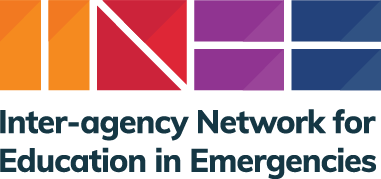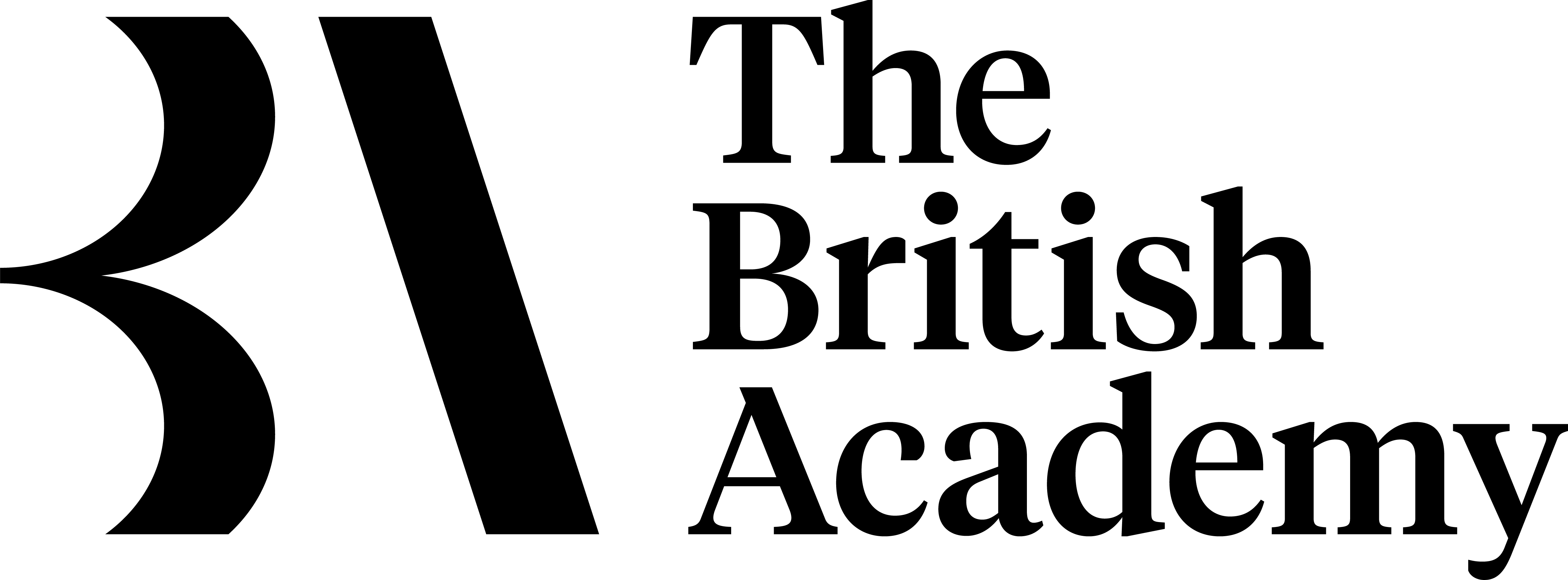Education Research in Conflict and Protracted Crisis (ERICC) Programme
About ERICC
 Education Research in Conflict and Protracted Crisis (ERICC) is a six-year Education in Emergencies (EiE) research program funded by the UK’s Foreign, Commonwealth and Development Office (FCDO). The program aims to address critical evidence gaps and identify the most effective approaches for improving access, quality, and continuity of education to support sustainable and coherent education systems and holistic learning and development of children in conflict and crisis. ERICC aims to bridge research, practice, and policy with accessible and actionable knowledge, at local, national, regional, and global levels, through co-construction of research and collaborative partnerships.
Education Research in Conflict and Protracted Crisis (ERICC) is a six-year Education in Emergencies (EiE) research program funded by the UK’s Foreign, Commonwealth and Development Office (FCDO). The program aims to address critical evidence gaps and identify the most effective approaches for improving access, quality, and continuity of education to support sustainable and coherent education systems and holistic learning and development of children in conflict and crisis. ERICC aims to bridge research, practice, and policy with accessible and actionable knowledge, at local, national, regional, and global levels, through co-construction of research and collaborative partnerships.
Countries in focus include Bangladesh (Cox’s Bazar), Jordan, Lebanon, Myanmar, Nigeria, South Sudan, Iraq, and Syria. The program is comprised of four main components:
- Research on the most effective approaches to education in conflict and protracted crisis
- In-country operational support for FCDO Education and Humanitarian Advisors
- Promoting research uptake by policy-makers and EiE practitioners
- Strengthening academic and knowledge systems in the Global South for sustained EiE research
The International Rescue Committee is the lead for ERICC components 1 & 2 including the consortium and Helpdesk, who coordinate closely with INEE as the lead for ERICC component 3 and the British Academy as the lead for ERICC component 4. Officially joining the ERICC program in February 2024, INEE leads on strengthening Education in Emergencies evidence dissemination and uptake for the ERICC Programme, Consortium and wider evidence ecosystem.
ERICC Publications
ERICC Events
ERICC Blogs and News
ERICC Component 1: Research Programme Consortium
The ERICC Research Programme Consortium (RPC) is a global research and learning partnership that strives to transform education policy and practice in conflict and protracted crisis around the world — ultimately to help improve holistic outcomes for children — through building a global hub for rigorous, context-relevant and actionable evidence base.
The ERICC RPC is led by the International Rescue Committee (IRC) with Academic Lead IOE, University College London’s (UCL) Faculty of Education and Society, and expert partners include The Centre for Lebanese Studies, Common Heritage Foundation, ODI, Osman Consulting, OTHERwise Research, and Queen Rania Foundation. During ERICC’s inception period, NYU-TIES provided research leadership, developed the original ERICC Conceptual Framework, and contributed to early research agenda development.
The ERICC RPC is committed to four primary principles for conducting rigorous research:
- The ERICC Conceptual Framework is used to organise and synthesise existing evidence and then build a systematic knowledge base that is comprehensive, context-sensitive and actionable for educational interventions and policy changes.
- Developing contextual understandings of the Political Economy of Education of different conflict and crises settings, through the application of Political Economy Analyses;
- A co-constructive approach to building research agendas through stakeholder engagement — at local, national, and global levels — from the start, for evidence use and evidence uptake;
- Applying a research methods framework to build evidence in a systematic and rigorous way.

ERICC Research Programme Consortium Leadership
- Prof. Tejendra Pherali, ERICC co-Research Director (UCL)
- Silvia Diazgranados Ferráns, ERICC co-Research Director (IRC)
- Marie-France Guimond, ERICC Programme Director (IRC)
- Oladele Akogun, ERICC Research Director - Nigeria & South Sudan (IRC)
- Robert Palmer, ERICC Research Director - Jordan (QRF)
- Vacant, ERICC Research Director - Bangladesh & Myanmar (IRC)
- Cathrine Brun, ERICC Research Director - Lebanon (CLS)
- Rabie Nasser, ERICC Research Director - Syria (OC)
- Tim Kelsall, ERICC Senior Policy Lead (ODI)
ERICC Technical & Advisory Board Members
- Board Chair: Rebecca Telford, Education Section Chief, UNHCR
- Board Vice Chair: Loise Gichuhi, Education Economist and EiE Expert, University of Nairobi
- Larry Aber, Co-director, NYU Global TIES for Children
- Modupe Adefeso-Olateju, Managing Director, TEP Centre
- Friedrich Affolter, Co-Coordinator, Global Education Cluster
- Dianne Denton, Learning Workstream Lead, Global Education Cluster
- Linda Jones, Chief of Education, UNICEF Innocenti
- Sarah Dryden Peterson, Associate Professor, Director, REACH, Harvard University
- Emma Gremley, Senior Director, Education Technical Unit, IRC
- Ashley Henderson, Division Lead, Crisis, Conflict, Equity, and Inclusion, USAID Center for Education
- Sarah Kabay, Education Program Director, Innovations for Poverty Action
- Joa Keis, Education in Emergencies lead, Global Partnership for Education (GPE)
- Graham Lang, Chief of Education, Education Cannot Wait
- Leonard Wantchekon, Professor, Princeton University
FCDO representatives on the ERICC Board
- Janice Dolan, Senior Responsible Owner
- Freya Perry, Programme Responsible Owner
For more information on the ERICC consortium and research, reach out to the ERICC Policy and Communications Advisor, Ariana Youn at [email protected].
ERICC Component 2: In-Country Operational Support
The ERICC Helpdesk is a service that responds to technical- and research-based queries by FCDO Advisers to strengthen research, practice, and policy in education in conflict and protracted crisis settings. Drawing from the expertise and experience of over 50 local and international EiE experts, and subject to rigorous quality control, the Helpdesk translates evidence on EiE into timely, actionable, and comprehensive reports. In addition, the ERICC Helpdesk publishes some reports to contribute to the larger EiE evidence ecosystem.
General inquiries on Component 2 can be directed to [email protected].
ERICC Component 3: Dissemination and Uptake
 As the dissemination and uptake lead, INEE will leverage the strength of its membership, network spaces, and dissemination channels to promote the uptake and use of ERICC research across the EiE system. INEE’s strategy aims to move beyond producing dissemination products to exploring and innovating processes that can sustain a culture of evidence use and uptake. While events, blogs, and presentations are a key part of INEE’s planned work, the ongoing work of convening actors through working groups and other network spaces for collective action in EiE is an equally important part of INEE's work.
As the dissemination and uptake lead, INEE will leverage the strength of its membership, network spaces, and dissemination channels to promote the uptake and use of ERICC research across the EiE system. INEE’s strategy aims to move beyond producing dissemination products to exploring and innovating processes that can sustain a culture of evidence use and uptake. While events, blogs, and presentations are a key part of INEE’s planned work, the ongoing work of convening actors through working groups and other network spaces for collective action in EiE is an equally important part of INEE's work.
For more information on INEE’s partnership with ERICC, check out this blog or contact Shreya Shreeraman, INEE Research Uptake Coordinator, at [email protected].
ERICC Component 4: Knowledge Systems Strengthening Work
 The British Academy supports three bilateral partnership research chairs delivering a programme of institutional strengthening on education research in conflict and crisis.
The British Academy supports three bilateral partnership research chairs delivering a programme of institutional strengthening on education research in conflict and crisis.
The three British Academy Bilateral Chairs are
- Professor Kelsey Shanks, Ulster University, UK, and Dr Sherko Kirmanj, University of Koya, Iraq
- Dr Maha Shuayb, University of Cambridge, UK and the Centre for Lebanese Studies, Lebanon
- Dr Justine Howard, Swansea University, UK, and BRAC University, Bangladesh
The Bilateral Research Chairs will help to develop networks, mobility and exchange between institutions and will play an active role in developing the research capacity, profile and sustainability of the institutions involved and their future researchers.
For more information, contact [email protected].
Funded by UK International Development from the UK government




